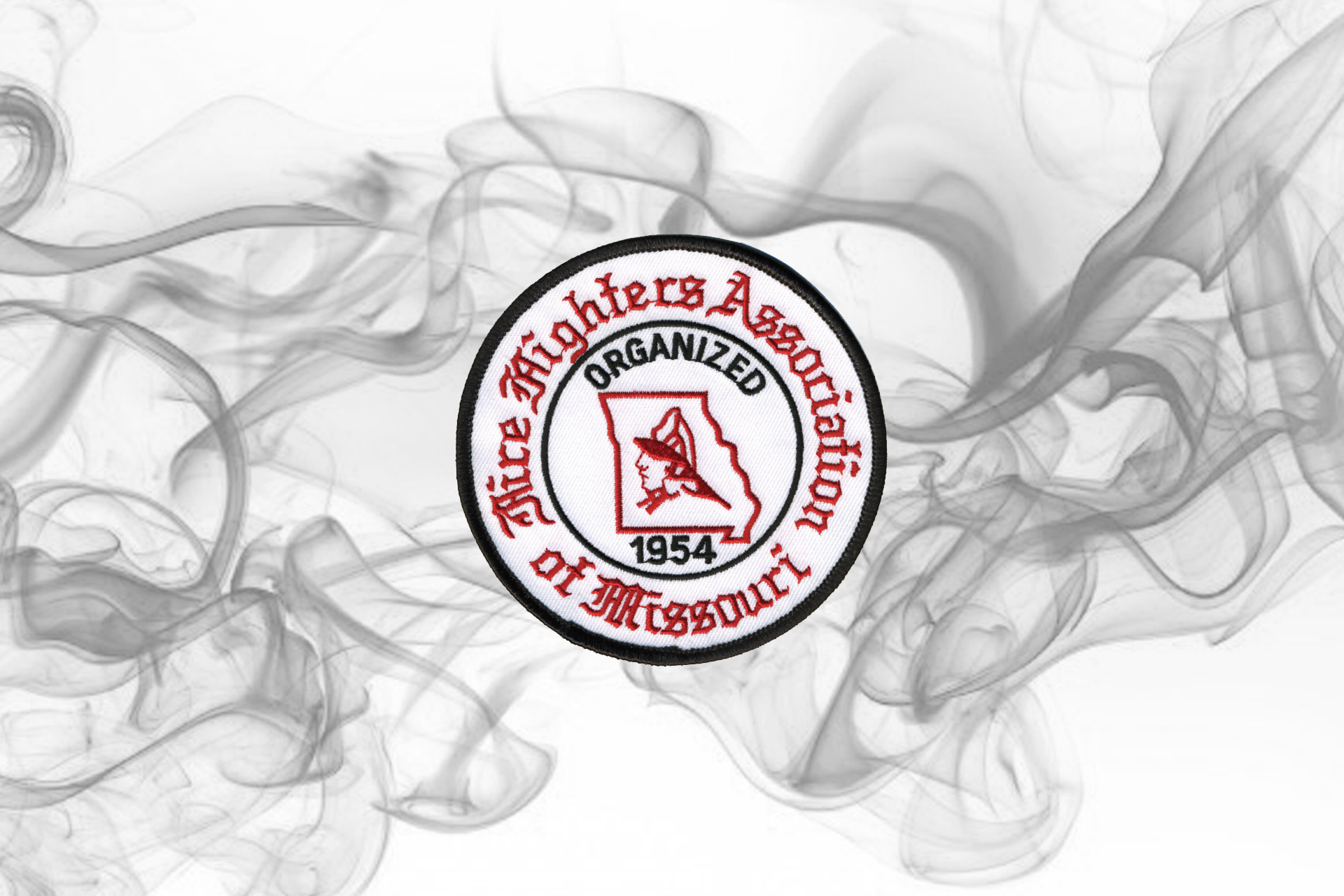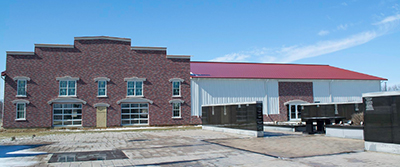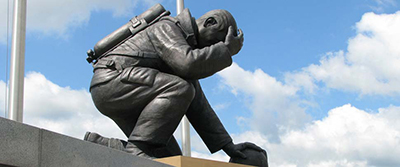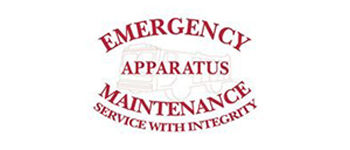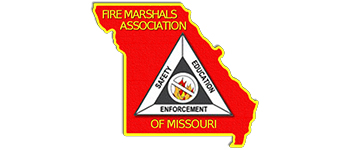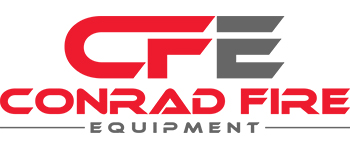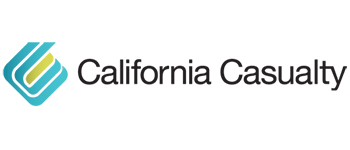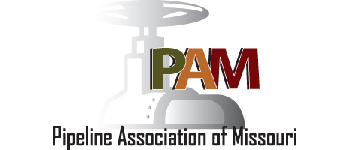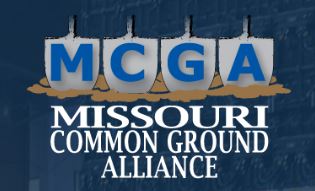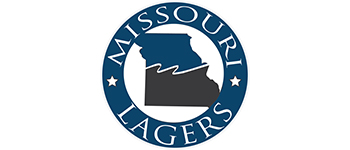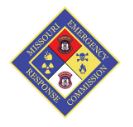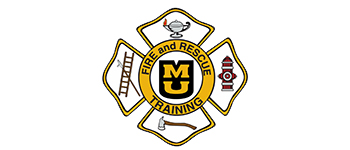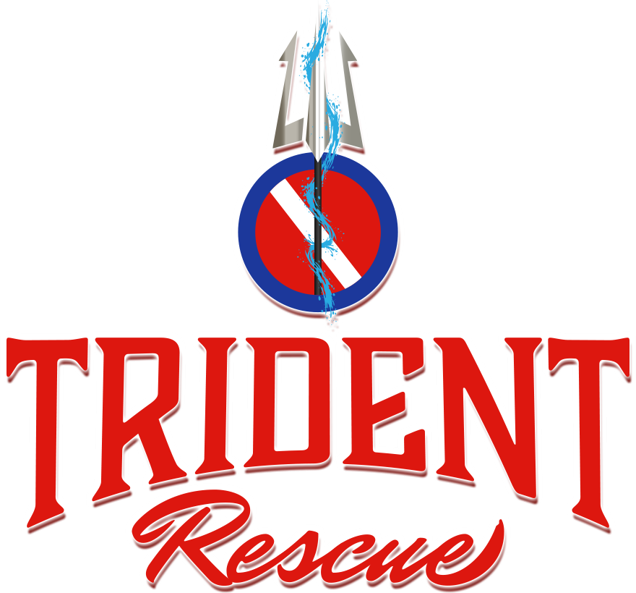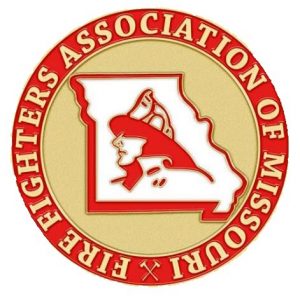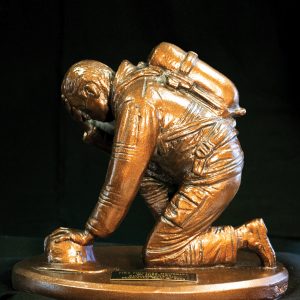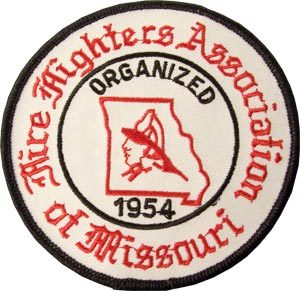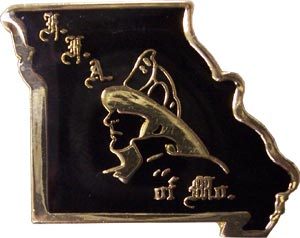Peer Support
In your community when someone can’t breathe, they call an ambulance and EMS service. In my neighborhood when someone is breaking into a home and threatening to injure or kill innocent life, we call the police.
Countless calls today will go to fire departments to put out house fires. Literally thousands of men and women put their lives on the line daily working as dispatchers, corrections, EMS, fire, police, and so many other areas.
There is no doubt when civilians need help they call a first responder. However, the difficult question is who does the first responder call when they need help?!
Peer Support is the first responder to the first responder. While counselors are a tremendous blessing often first responders will only go to them when they are ordered by command staff to meet with them. We have seen time and time again that a first responder who is hurting emotionally, spiritually, or relationally will most often turn to a peer.
If you don’t know, what Peer Support is you are in the majority. Peer Support is a very popular trend in all our first responder services.
Peer Support is where an actual first responder will get foundational training on these subjects:
- Suicide Prevention
- Stress control
- Grief sharing
- Burnout
- Tactical Breathing
- Emotional support
- Crisis management
- Accumulative stress disorder
- Listening judo
- Compassion fatigue
- Secondary trauma
- and so much more
Sadly, every day according to the Veterans Administration 22 military veterans die by suicide. USA Today states that the greatest killer of fire/EMS personnel and police is death by suicide. While many agencies are rushing to get more counselors the first responder personnel are not turning to them unless they are forced to. I believe we need trained counselors. I also believe that peers who serve as police, fire, and EMS can get foundational training and help many of their co-workers through the rigors of public service. Often peers get immediate acceptance from the people they work with because in many cases they have gone through similar situations that the hurting first responder is facing.
Trained peer support can help many first responders through stress, trauma, and crisis. What I love about peer support is when a peer support team member comes across someone who needs professional help, they are more likely to get them connected to a professional counselor. When the peer support team member recommends turning to a counselor they will often go not because they trust the counselor but because they trust the peer. This is called a transfer of trust. How many of you ate at a diner because a friend recommended it?
Or have you gone shopping at an establishment because a trusted friend said they had good deals? All of us have given into a transfer of trust. When a peer support team member starts to connect with a first responder if they see the need for professional help often first responders are exponentially more likely to get that help. Why? Because a peer that has worn the uniform and had similar experiences connected with them and recommended, they meet with a professional.
There is no silver bullet or one-size-fits-all treatment to helping and serving our first responders.
However, having first responders who have been trained in foundational peer support has paid huge dividends. AMAZING stories of successful assistance and treatment are coming in from all over America. I believe hurting people hurt people, but I also believe healing people heal people.
If you would like to know more about Serving Heroes and the Peer Support/Chaplain training they provide please go to www.servingheroes.net




